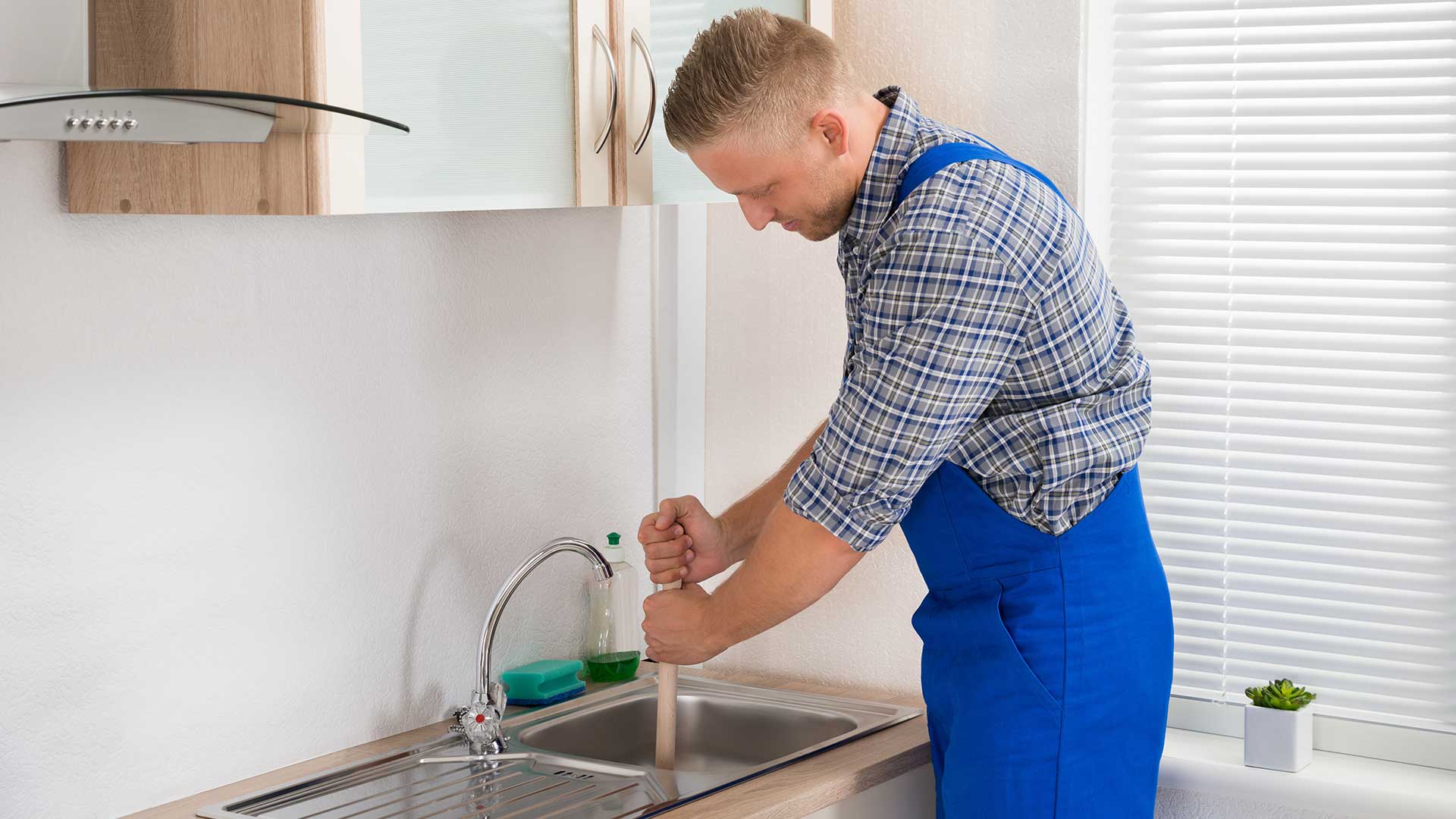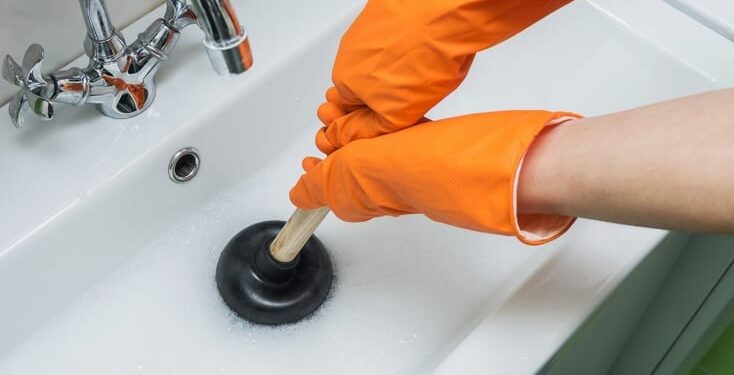To call drain clogs a common problem would be an understatement. Each day, countless households contend with frustrating clogs in their kitchens, bathrooms, and various other areas. Furthermore, taking care of certain clogs can eat up a great deal of time, energy, and resources. Fortunately, making clogged drains a thing of the past is much easier than many families realize. By avoiding a number of common mistakes, you can nip clogged drains in the bud and save everyone in your household a tremendous amount of frustration.
Excessive Waiting
Many households adopt a “wait and see” approach to drain clogs. More often than not, the general line of thought is that minor clogs will resolve themselves. When this inevitably turns out to not be the case, families find themselves stuck with stubborn, large-scale clogs that can’t be fixed without professional attention.
While a clogged drain sorting itself out would certainly be convenient, that’s simply not how things work. As is the case with many household problems, the longer you wait to address drain clogs, the more serious – and costly – they’re liable to become. So, the next time you’re faced with a clogged drain, make an effort to repair it posthaste. Should this fail, call in a highly-rated plumbing service. While this may entail spending money, parting with a small amount of capital in the short term is preferable to spending a small fortune in plumbing costs in the long run.
Not Using Hair Catchers
Most of us don’t appreciate how much hair we shed until we find ourselves faced with hopelessly clogged drains. The more people in your household, the more hair goes down your various drains – and without proper protection in place, clogs are simply inevitable. This is where hair catchers enter the equation. As the name suggests, these convenient plumbing aids are placed over drains and serve to catch a sizable majority of hair before it’s able to find its way into your pipes.
In addition to being easy to install, hair catchers are affordable on any budget and can be purchased from virtually any business that sells plumbing products. That being the case, neither affordability nor accessibility should be a problem. Furthermore, for maximum effectiveness, hair catchers need to be cleared on a consistent basis. In fact, in some households, hair catchers need to be cleared daily. However, seeing as this takes only a few seconds, it shouldn’t prove terribly draining on your time.
Abusing Garbage Disposals
Garbage disposals should not be regarded as all-purpose magical solutions to food waste. Most disposals are designed to handle small food scraps and should only be used with softer foods. Despite this, many families won’t hesitate to place large chunks of food down their disposals and hope for the best. In addition to creating clogs, this approach to garbage disposal use can cause massive damage to the blades and shorten the life of the device. When it comes to unclogging kitchen sinks, few preventative measures are more effective than proper disposal use. Consulting your disposal’s owner’s manual can provide you with a solid sense of what should – and should not – be placed into the device.
Unwise Flushing Habits
Clogged toilet drains go hand in hand with unwise flushing habits. So, if you’re tired of dealing with stopped-up toilets, be mindful of how much toilet paper you flush in one go. If you catch yourself using a large amount of paper, take care to flush at least once before you finish wiping. Additionally, if you use wet wipes, never flush more than the amount specified on the product’s packaging – usually no more than two. (Some municipalities even recommend not flushing these wipes at all.) You should also take care to avoid flushing sanitary napkins, as well as paper towels and tissues, which are commonly used as toilet paper substitutes.

A single clogged drain can put a damper on an entire family’s day. While bathroom-based clogs can interfere with essential grooming rituals, kitchen-based clogs stand to complicate food prep and post-meal cleanup. However, as frustrating as clogged drains can be, they’re surprisingly easy to avoid. When it comes to staving off drain clogs, a little bit of foresight and follow-through can go a long way. So, if you and your crew are tired of dealing with clogs on a consistent basis, you’ll need to change certain behaviors. Among other things, this means making an effort to avoid the mistakes discussed above.





